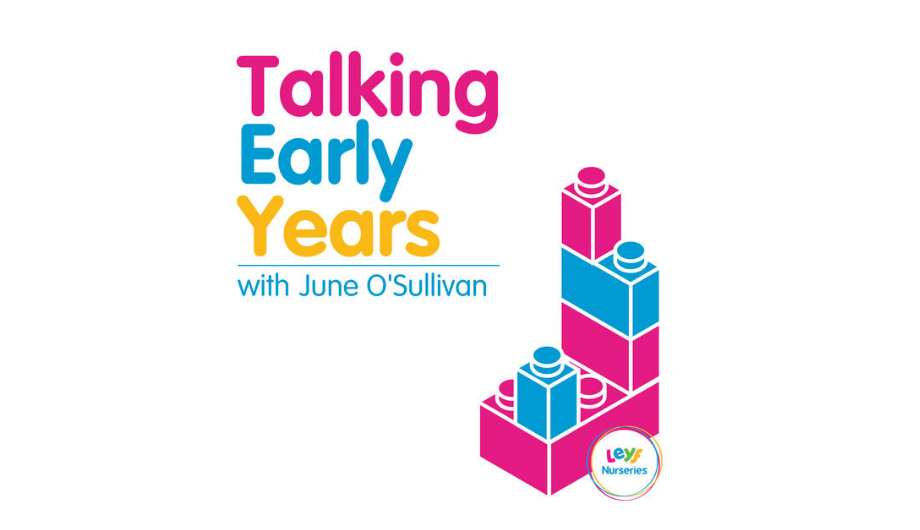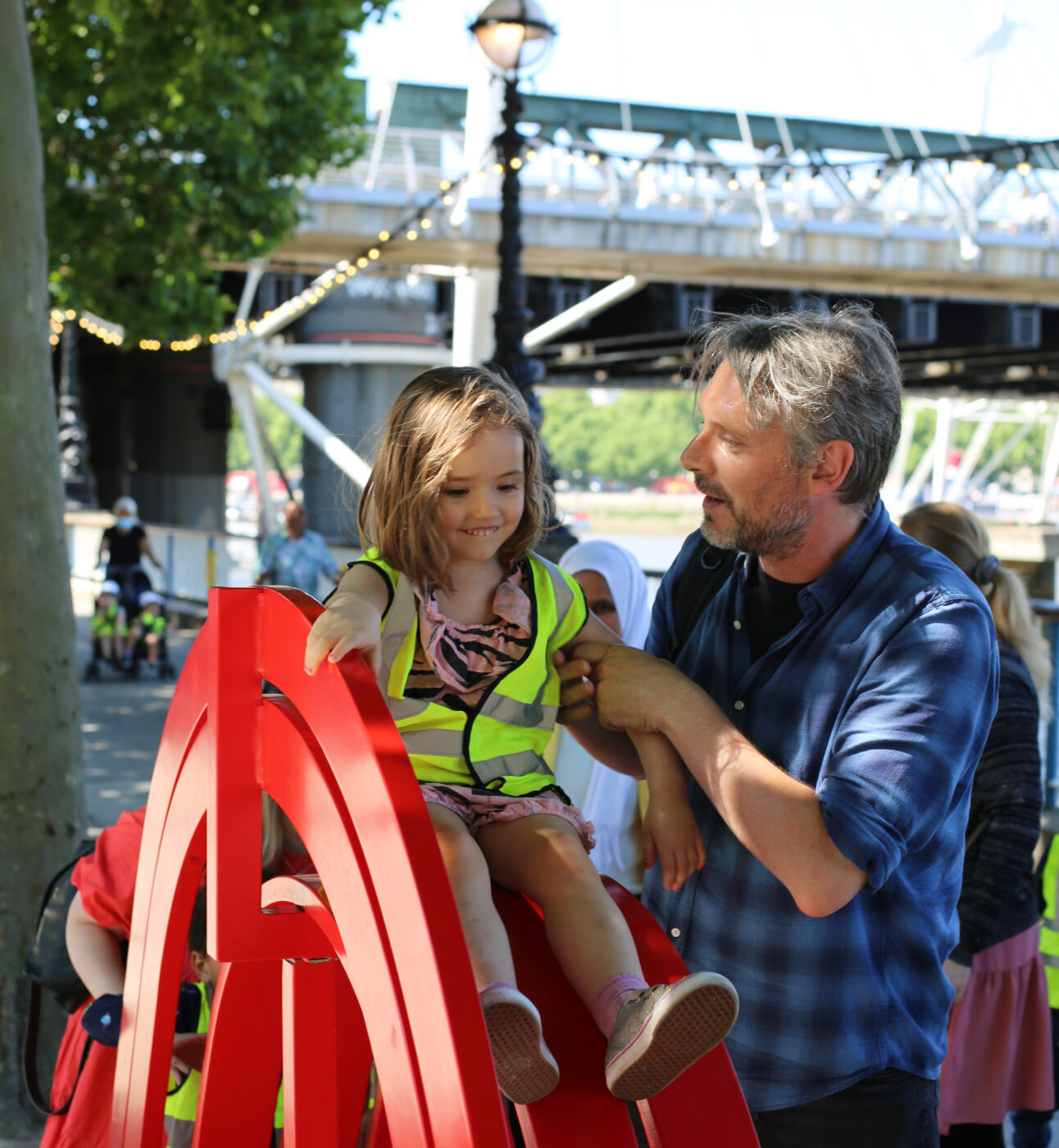
Talking Early Years: June O’Sullivan and Krupesh Hirani
I kicked off this year’s podcast chatting to the well-informed Krupesh Hirani, London Assembly Member for Brent and Chair of the London Assembly Health Committee and the Health…
November 9th 2020
Moving in the Right Direction – Talking About a Child’s Right to Move
Though we may not realise it, movement is our very first language and essential to the ‘firing and wiring’ of the brain, creating the connections needed for the foundations of all learning.
Yet, movement and activity are often under-appreciated in relation to a child’s learning journey. This is basis of my conversation with Dr Lala Manners who has been a fervent advocate for the importance of physical development and the power of movement for years. She has long bemoaned how the interest in this area has seesawed according to the fads of our political mandarins. Funnily enough, the much-criticised changes to the Early Years Goals and Development Matters have benefited physical development. A rare delight according to Lala.
Physical activity is positively associated with a healthy body, reduced obesity, improved motor and cognitive development and bone and skeletal health. It supports children’s general abilities to learn by having a favourable effect on the cognitive process such as alertness, attention, concentration, perception, and memory. Physical development supports personal, social and emotional development promoting growth in confidence and awareness of control. It supports communication and language because a child who can effectively use the large movements, gestures and the fine movements involved in speech is able to convey messages to others.
Children have an inborn need to be physically active and need vigorous bursts of activity. It is natural for children to keep changing their position whilst moving, playing and doing things. Children learn by using their bodies. This means that staying inactive or sedentary for longer than one hour is not natural for children. This is why babies should be active several times daily whereas toddlers need 180 minutes every day and older children need at least three hours of physical activity each day. This is a tough call during lockdown because we know many children won’t get enough exercise and it will negatively affect their mood and their welfare. Daily physical activity is just as important for the child as sufficient sleep and healthy nutrition. It also brings joy and a sense of success.
Lala is also very keen for adults to learn to be active. She finds so many of them (including the parents and teachers she works with) lack confidence and are embarrassed to lead physical activities with children – even though children don’t worry about the skills of the adults. She has written two books to encourage adults to better understand the power of activity for children’s wellbeing and learning. She has also been running training for staff for many years and has recently teamed up with the Open University to write a programme for staff which is freely available.
Listen here to Lala and reacquaint yourself with the power of movement and physical development.

I kicked off this year’s podcast chatting to the well-informed Krupesh Hirani, London Assembly Member for Brent and Chair of the London Assembly Health Committee and the Health…

I recently recorded a podcast with Dr Linda Greenwall – founder of the Dental Wellness Trust which supports schools and nurseries to get children brushing their teeth.

Ordinary People Doing Extraordinary Things Podcast Series For International Men’s Day on the 19th November 2012, I invited as many men as I could find…